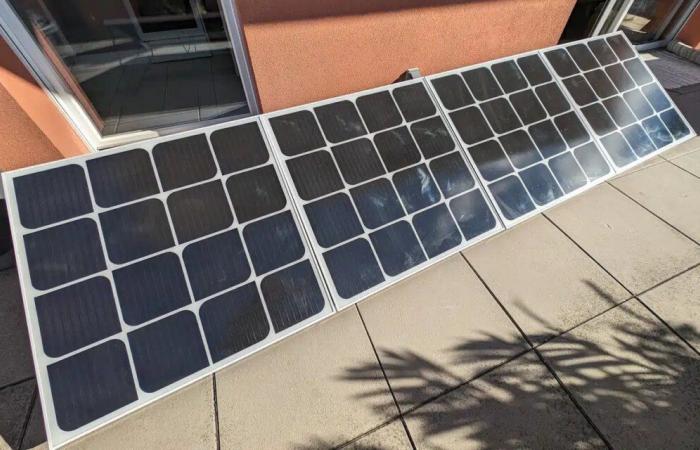The update of the NF C15-100 standard during the summer worries professionals in the solar sector. Its entry into force could make solar panels plugged into a simple power outlet illegal.
As the supply of solar panel kits grows and increasingly affordable and easy-to-install models appear, the update of the NF C15-100 standard raises fears that this equipment will become illegal. This new version published in August 2024 has been applicable since September 2024 and will become mandatory from September 2025.
This standard aims to clarify the use of new uses of electricity, such as charging electric vehicles, and applies to all low voltage electrical installations (electric meter, electrical panel, circuit breaker, etc.). It therefore also concerns plug and play solar panels (or solar kits) which plug directly into a standard socket.
This connection method contradicts this new version of the standard which provides that a “electric power generator shall not be connected to a terminal circuit by means of a socket outlet or plug”.
Plug and play solar panels excluded from the standard ?
The solar sector represented by the Renewable Energies Union (SER) is obviously up against this new standard and is mobilizing to ensure that things are clarified. In fact, the standard does not clearly indicate what type of generator it is. Professionals in the sector believe that solar kits are part of mobile generators and could therefore be excluded from the standard.
It is true that given the rise in electricity costs and the search for ecological solutions for energy production, imposing additional constraints to this type of equipment may appear as an aberration. Not to mention the economic damage that this would cause in this sector.
Two hypotheses are possible today:
- a clarification of the standard which would grant a special status to plug and play solar panels,
- the obligation to connect your solar kit to a dedicated electrical line equipped with a differential circuit breaker.
Certainly this last method would make it possible to avoid making the kits already on the market obsolete but would add an additional constraint and above all an additional cost to owners of removable solar panels.






